The trend started as a form of empowerment, a way for people to feel sexy and good in their bodies. But because everything is terrible, some people have found a way to turn a feel-good trend into depraved gratification.
There are now many videos on YouTube instructing people how to use editing software or apps to change the contrast and color in a way that reduces the silhouette effect. Because participants are just a silhouette in the challenge, many are wearing less clothing, or lingerie, or nothing at all. The goal of the editing is to reveal their bodies.

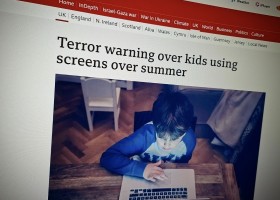


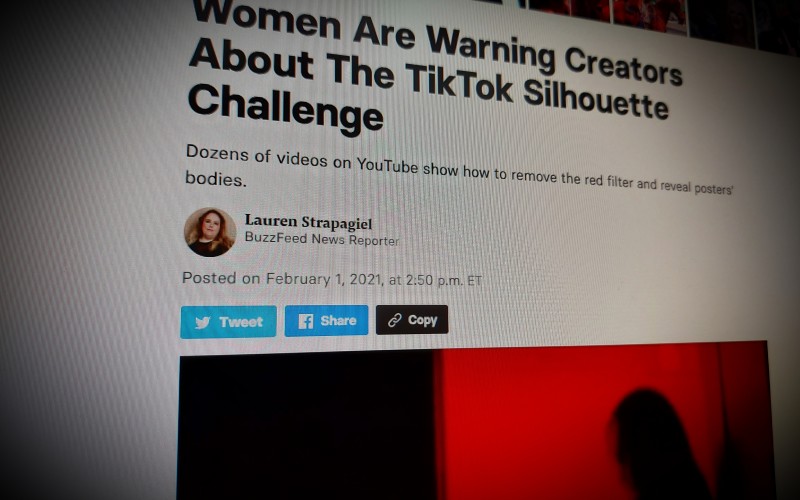
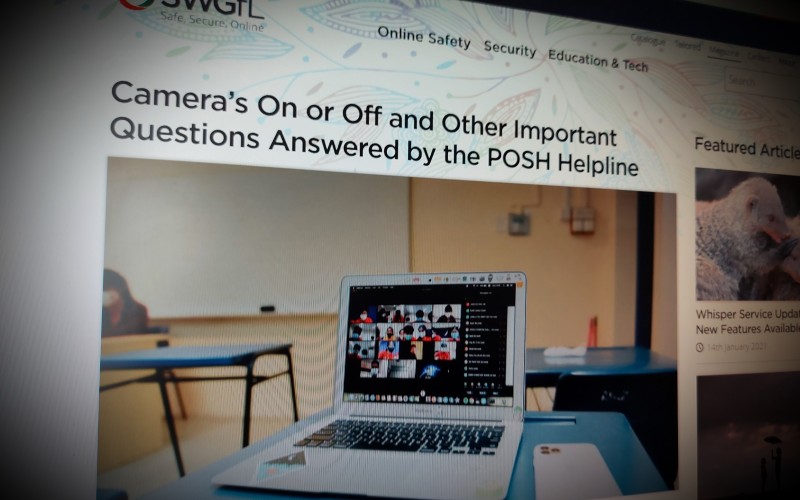
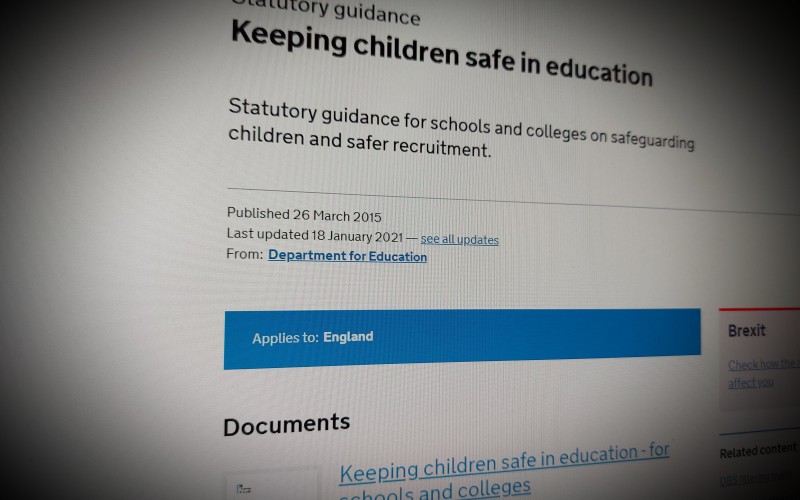
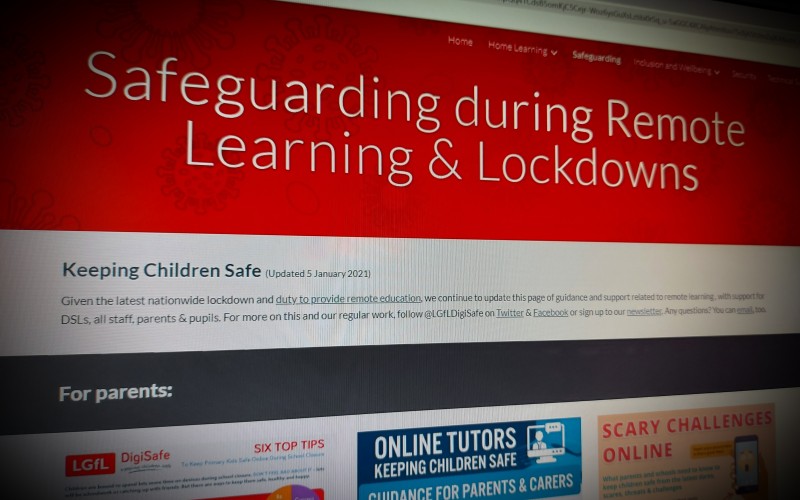
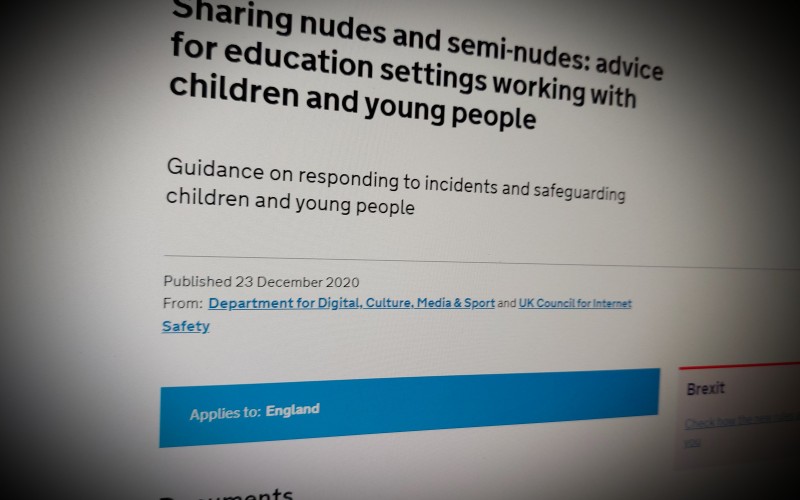
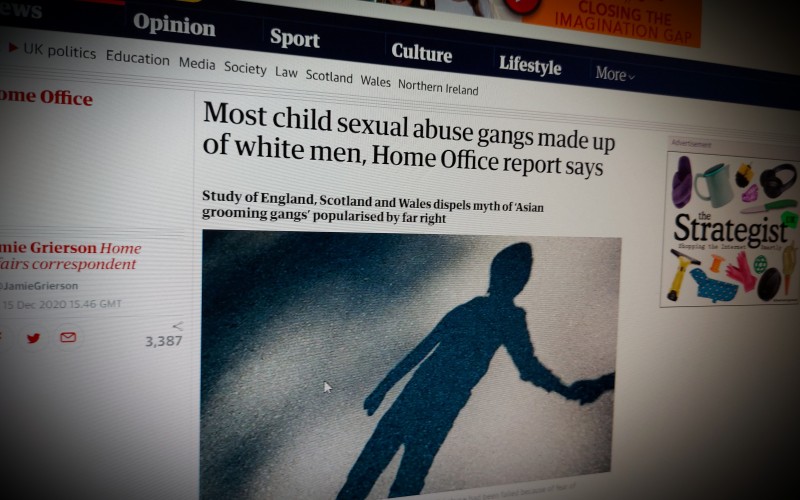
Comments
make a comment